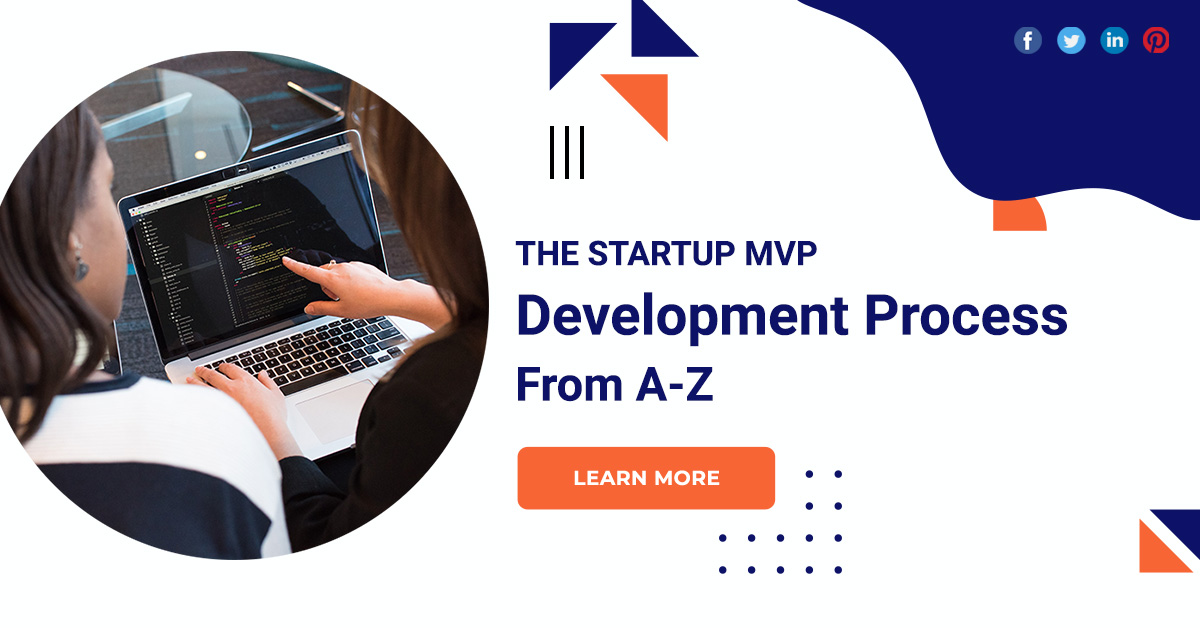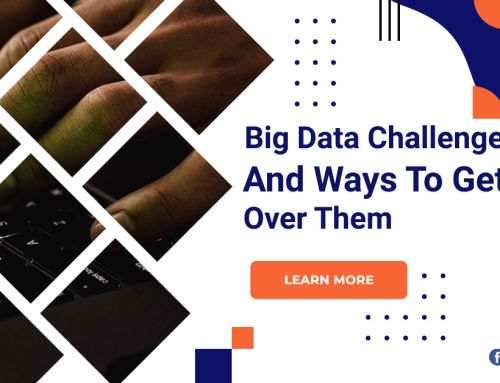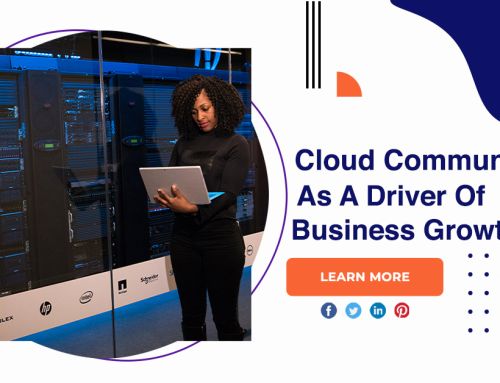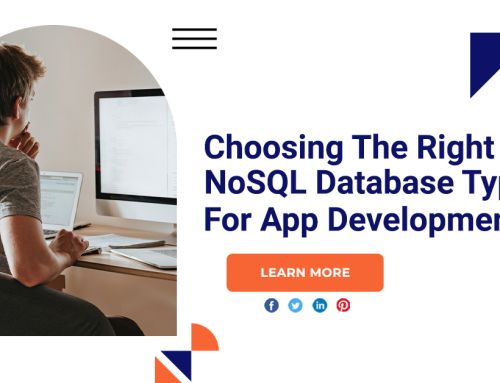The Startup MVP Development Process From A-Z
Developing a Minimum Viable Product is a crucial step in the journey of a startup. It allows you to test your business idea, gather user feedback, and refine your product before scaling up. This article will guide you through the MVP development process from start to finish.
Startup MVP development process
Piecemeal
Piecemeal is a build an MVP model in which the product is made from multiple sources. It works as an affiliate and earns a little commission when someone makes a purchase. All the deals are already available on these stores and Groupon hasn’t made any of its own deals. This MVP models is great for startups who want to start faster and with minimal budget.
Wizard of Oz
Wizard of Oz MVP model is for those who don’t have the expertise or the time to make a perfect automated system. Wizard of Oz is basically a fake system in which startups pose as that they have a fully automated system but in reality, they are using human workers to get the tasks done. The model is praised in the startup community because it at least shows if the startup has a feasible business model.
Concierge MVP
Concierge MVP model is just like the Wizard of Oz build an MVP model but where Wizard of Oz hides the working behind the system, Concierge MVP is fairly open in that case. The team behind the startup didn’t have any app or a web-based interface, instead, it interviewed the first few testers, asked them their food preferences, and then provides them a monthly list of recipes and grocery lists for a small subscription.
What problem does it solve?
Every product is built to solve a particular problem. If your product isn’t solving one, there is a problem with it and it will eventually fail. The best way to find out if a product will survive in the market is by doing multiple tests.
What is its target market?
Every product is catered towards a targeted market. So, deciding a target market from the start is crucial in a business aspect.
Is it scalable
The term ‘scalability’ is a double meaning term. Venture capitalists will ask you if your product is scalable when you go for pitching, but scalability actually depends on two factors.
Manufacturing cost and return
Because if the cost increases than there is no need to scale the product. This also depends on the type of product you are going to launch. If it is a mobile app or an IoT device scaling, it only requires the addition of a few more servers so all the data can be handled easily.
Analyze your competitors
This assumption is very tricky because sometimes my friends ask me about my opinion on their ideas for applications. Sometimes, they have really good ideas. If we do a little research, we can find similar ideas.
Conclusion
Building a minimal viable product can be painful, if you don’t choose the right technologies and tools, which should support your type of solution and challenges. Before we start building an MVP we need to do several steps. We should define a value proposition, find early adopters and analyze competition.







